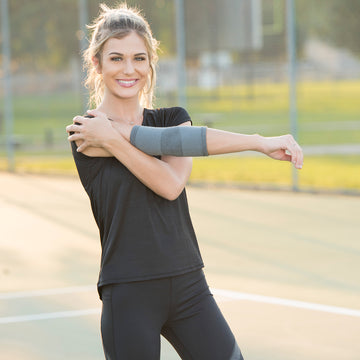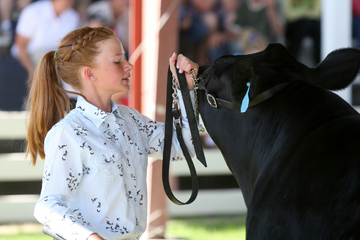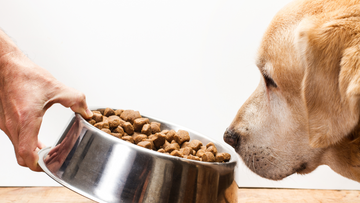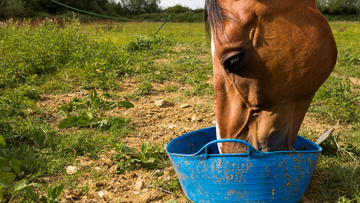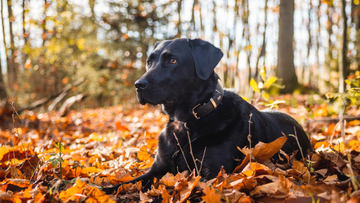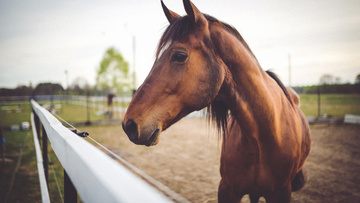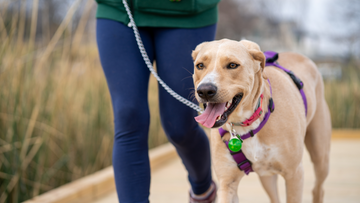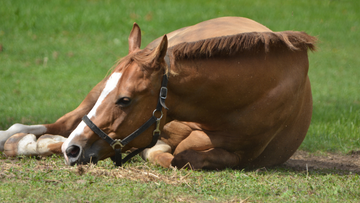The clip-clop sounds of hooves on pavement cut through the hubbub of noise that blankets Compton, California. People in businesses, walking down the sidewalk, and sitting at red lights turn their heads to find the source of the rhythmic beat.
A group of riders casually strut down the street, relaxed in the saddle and sharing stories with one another. The group is known as the Compton Cowboys, an organization created to provide an outlet for Compton youth and adults alike.
On their website, their motto reads: “Streets raised us. Horses saved us.”
Unlikely Stomping Grounds
Compton is an old city, dating back to 1888. A suburb of Los Angeles, the city is cited as having a high poverty rate, frequent gang activity, and an elevated crime rate that began increasing in the 1960s. It doesn’t strike someone as a place to build a horse facility, much less one that has gained international recognition as a hub of culture in Southern California.
Yet, a group of childhood friends has done just that. Originally meeting in the 1980s, ten friends who go by Randy Savvy, Stona Mane, Carlton, Lay, Ant Dogg, T-Man, CeeJay, Kika, and Kee met at a local stable called The Compton Jr. Posse.
Like many cowboys, the group found themselves sucked into the escape horses provide. In a town that had gang and drug violence readily available, horses were a hobby that enriched the friends.
The Start of Something Bigger
 The Compton Cowboy name was officially coined in 2017, and the friend group set their eyes on combatting negative stereotypes, honoring Black cowboy heritage, and helping the youth of the community through their facility in the Richland Farms neighborhood.
The Compton Cowboy name was officially coined in 2017, and the friend group set their eyes on combatting negative stereotypes, honoring Black cowboy heritage, and helping the youth of the community through their facility in the Richland Farms neighborhood.
In a 2018 interview with The New York Times, a group member described how simply walking to a convenience store for a drink would result in being searched by police officers. But when they’re astride a horse and walking to the store, the conversation takes a positive turn. Horses serve as a figurative icebreaker between authority and community members, allowing the Compton Cowboys to change stereotypes that are deeply embedded in Compton’s history.
Harnessing Horsepower
When they’re on horseback, the Compton Cowboys are seen as approachable caretakers and teachers. Their ‘trail rides’ through city streets are a reminder of horses’ healing power, resilience, and universal attraction.
One of Compton Cowboy’s biggest missions is their non-profit lesson program dubbed Compton Jr. Equestrians. Using horses that came from abusive and neglectful situations, youth gain confidence, and learn how to take care of horses and ride them. Several of their students have gone on to compete in USHJA and teach other youth the ins and outs of horse caretaking.
Public Impact
The Compton Cowboy group participates in parades and most recently made an appearance at the Stagecoach music festival in Indio, California.
 Employing the power of social media, the Compton Cowboys have amassed more than 206,000 followers between Facebook and Instagram, and TikTok’s hashtagged with #Comptoncowboys have garnered 3.4 million views.
Employing the power of social media, the Compton Cowboys have amassed more than 206,000 followers between Facebook and Instagram, and TikTok’s hashtagged with #Comptoncowboys have garnered 3.4 million views.
They’ve created a clothing line, produced a book, and partnered with popular brands such as Playboy, Google, Adidas, Boot Barn, Guinness, and Ariat.
Their presence in the streets of Compton serves as a reminder of the resilience of Black Americans, the kind soul of the cowboy, and the healing power horses possess.
If you are interested in contributing to the Compton Cowboy’s mission of teaching youth and forging new frontiers for Black cowboys, visit their website:
https://www.comptoncowboys.com/
{photos courtesy of the Compton Cowboy's Facebook Page}

